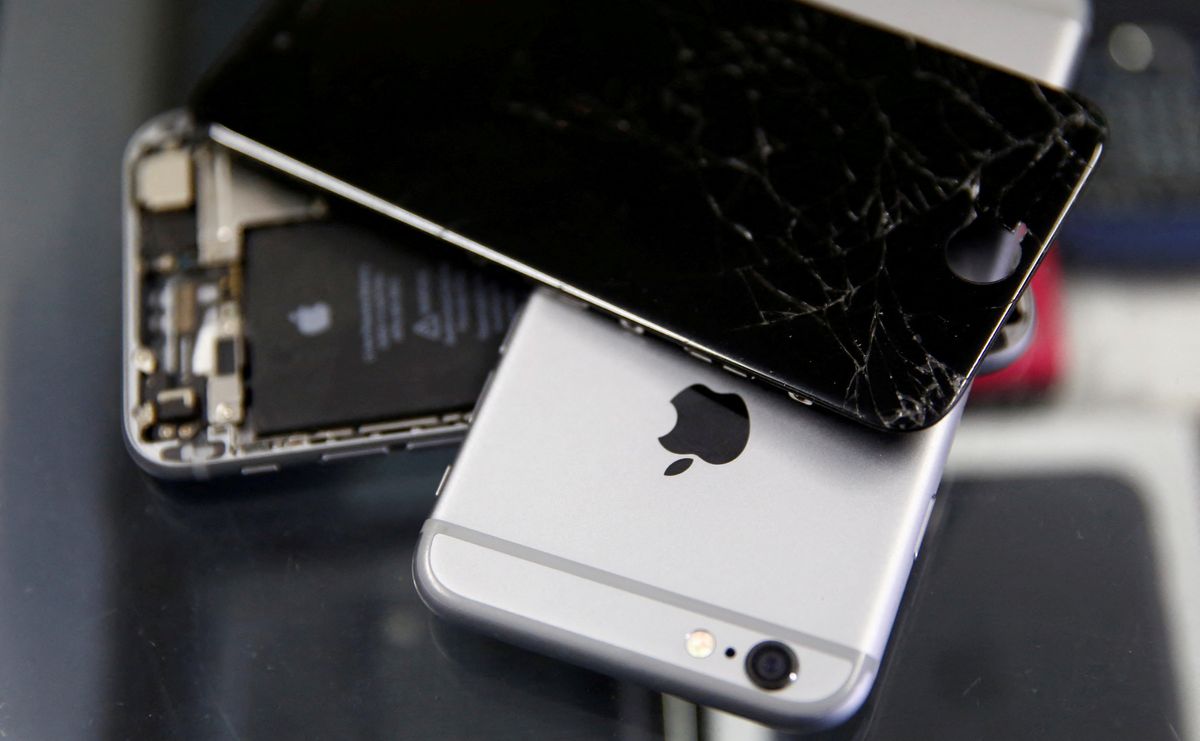Are Apple products actually environmentally friendly?
Apple announced its iPhone 15 series in September during its annual autumn event.

A few minutes every morning is all you need.
Stay up to date on the world's Headlines and Human Stories. It's fun, it's factual, it's fluff-free.
Apple announced its iPhone 15 series in September during its annual autumn event. During this event, the company also highlighted the “green” approach that it’s taking as it develops new products and technologies. For example, it has started phasing out leather from its cases and other products, regularly released its product environmental reports and even committed to decarbonizing its supply chain by 2030. But is any of that actually meaningful when it comes to sustainability and carbon footprint, or is this a greenwashing marketing tactic?
According to Greenpeace East Asia’s Xueying Wu, “We are glad to see that Apple has made progress on its products' lifecycle emissions reduction and neutralization. However, the renewable energy ratio of some key suppliers, such as GoerTek, Foxconn, TSMC and so on, is below 11%."
At this autumn event, Apple also introduced its first “carbon neutral” wave of products, the Apple Watch Series 9, the 2022 Watch SE and new Ultra 2 (when certain cases and watchbands were selected by customers). Now, this “carbon neutral” label is being questioned. Recently, Europe’s leading consumer group – The European Consumer Organisation (BEUC) – and others called on Apple to get rid of the “carbon neutral” branding around these products.
“Carbon neutral claims are scientifically inaccurate and mislead consumers,” Monique Goyens, the director-general of BEUC, told the Financial Times. “The EU’s recent decision to ban carbon neutral claims will rightly clear the market of such bogus messages, and Apple Watches should be no exception.”
Closely following Apple’s launch event in September, the EU banned “claims based on emissions offsetting schemes that a product has neutral, reduced or positive impact on the environment.” This basically means that a product can only be truly carbon neutral if the straightforward, end-to-end process of creating and selling it does not physically release more carbon into the atmosphere. This sort of messaging will go into effect by the end of 2026 if the ban is formally adopted as planned.
The BEUC says that the concept of a “carbon neutral” product – when it's adopted by companies that are just purchasing offsets to make up for the product’s actual carbon footprint – are “scientifically inaccurate” and misleading to consumers.




Comments ()